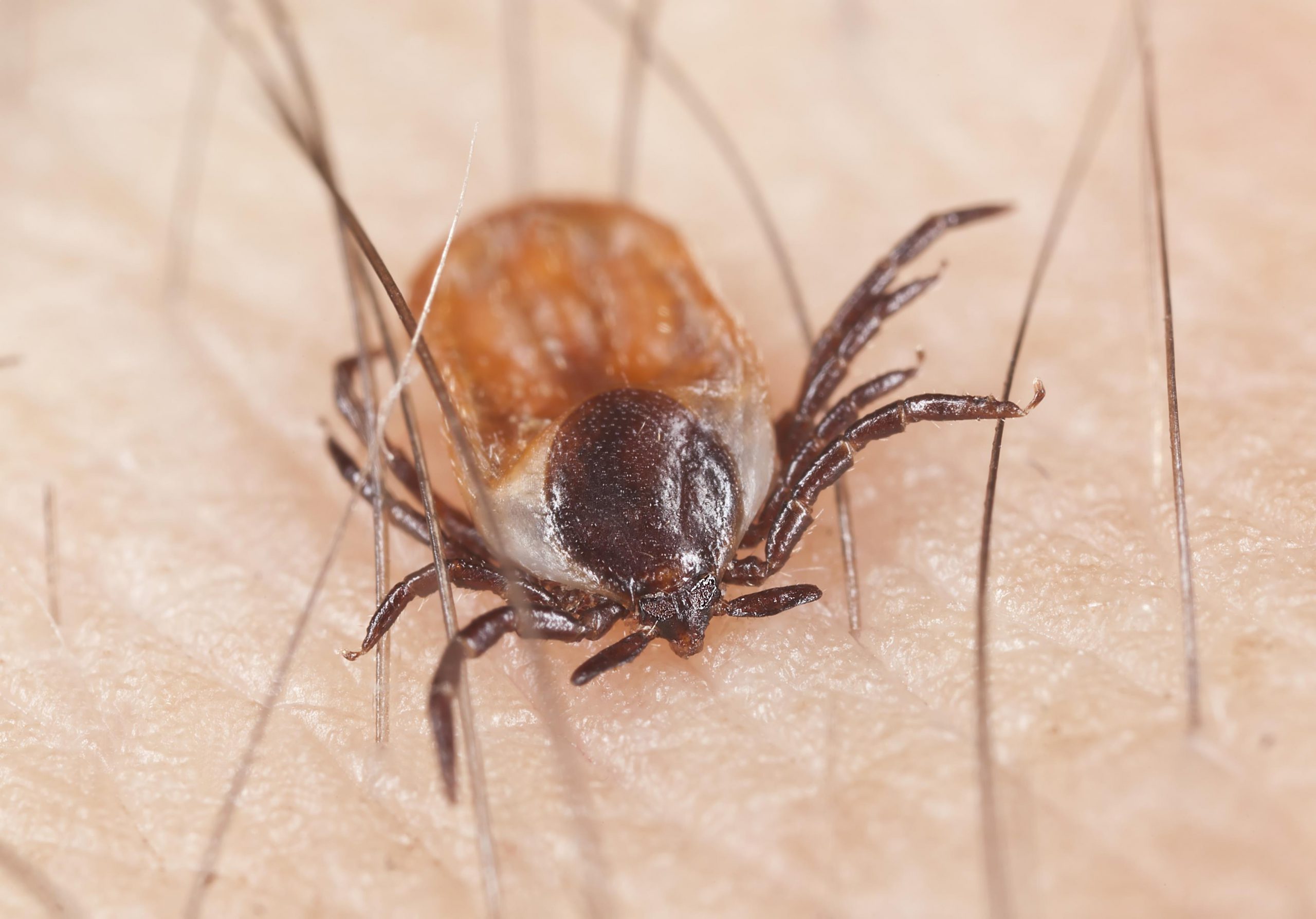Have you been waking up in the middle of the night with hives, swelling, vomiting or diarrhea? Were you eating beef, pork or lamb at dinner earlier that night? Do you have a history of itchy reactions to tick or red bug/chigger bites? If you answered yes to those questions, then you might have “Mammalian Meat Allergy.” First described a few years ago in the United States by researchers at the University of Virginia, mammalian meat allergy is a delayed food allergy to mammalian meat products.
So what exactly are “mammalian meat products?” The term includes meats that come from ‘mammals’ commonly consumed, such as beef from cows, pork from pigs, venison from deer and lamb. Some patients experience clinical reactions to only one type of meat, for example beef but not pork. Also, some patients react to fattier cuts of meat like hamburgers, but not leaner cuts of meat like flank steak. While dairy products do come from cows, very few patients have had reactions to dairy products like butter and cheese.
How does this allergy develop? When certain people are bitten by ticks or red bugs/chiggers, the bite appears to set off a chain of reactions in the body. One of these reactions is the production of an allergic antibody that binds to a carbohydrate on meat called galactose-alpha-1,3-galactose, also known as “alpha-gal.” When a person with the alpha-gal antibody eats mammalian meat, the meat triggers the release of histamine, causing allergic symptoms.
Unlike traditional food allergies that cause immediate symptoms, patients with mammalian meat allergy typically give a history of a delayed (3-8 hours) allergic reaction after eating mammalian meat products. Allergic symptoms can range from hives and itching to stomach cramping and pain, heartburn, diarrhea, nausea or vomiting, swelling of mouth or eyes or difficulty breathing. These patients typically have a history of tick or red bug/chigger bites that were very itchy and red for days to weeks.
The diagnosis of this type of allergy can be made by your board-certified allergist with skin and blood testing. If confirmed, your allergist will likely recommend avoidance of all mammalian meat products. Also, you may need a prescription for an epinephrine auto-injector.
Although tick bites are relatively common, not every patient bitten by a tick will develop this allergy. Research is ongoing to determine the exact mechanism that causes this allergy to develop in certain people. While it is not possible to prevent the allergy from developing, avoidance of tick or red bug/chigger bites significantly reduces the chances of developing this allergy. To decrease the risk of a tick or red bug/chigger bite, the use of protective clothing, tall boots and hats is recommended when spending time in the woods or fields.
If you think you may have developed mammalian meat allergy or want to have your allergies checked in general, please contact us for an allergy test.




